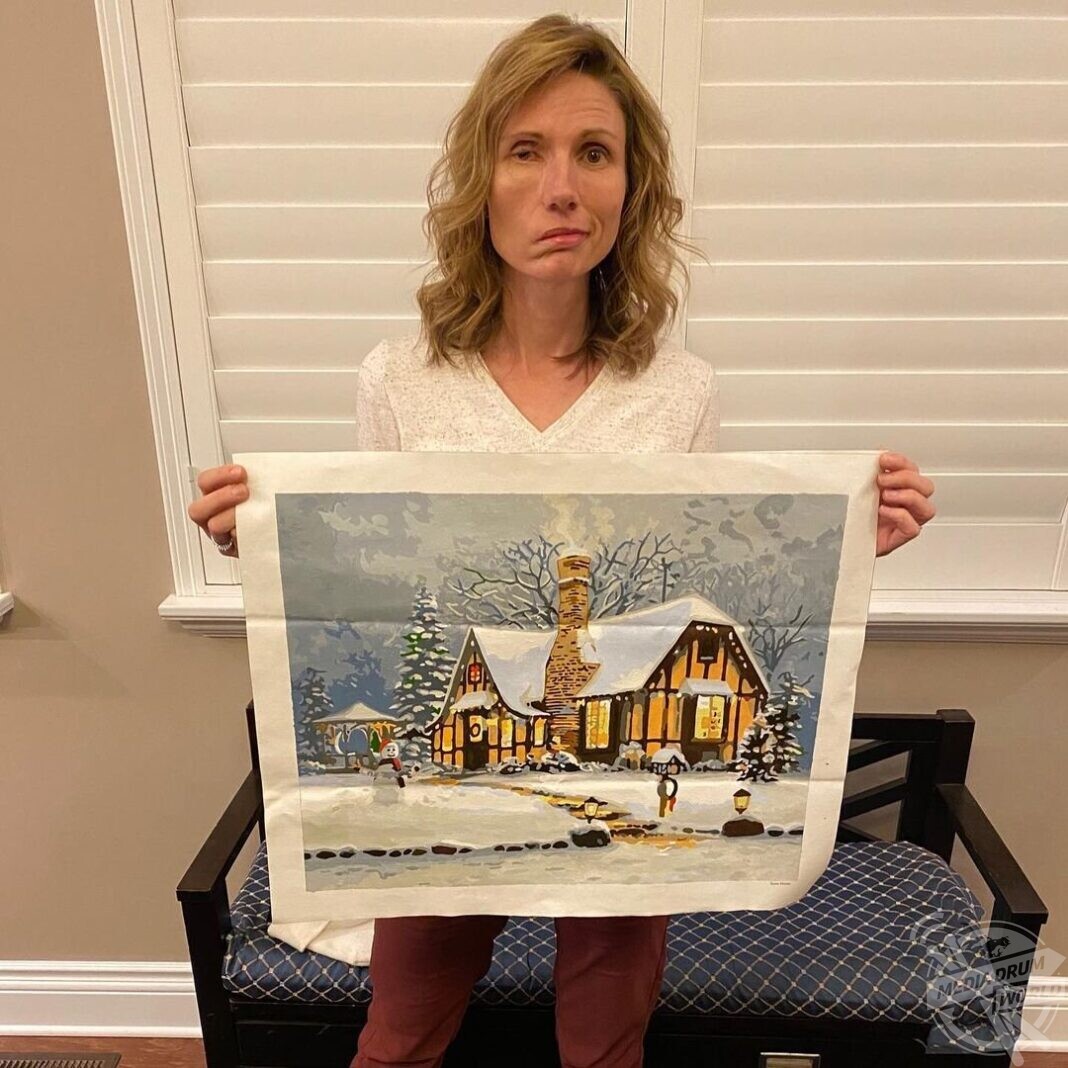
By Rebecca Drew
THIS WOMAN picked up a mysterious illness whilst living in the Middle East that caused a brain tumour – and it’s left her with facial paralysis so severe that she’ll NEVER smile again.
When interactions and communications expert, speaker, and author Jodi Orgill Brown (44) from Ogden, Utah, USA, suffered with dizziness when she was out jogging in June 2008, she thought it was because she wasn’t very good at the sport.
As the months went on, Jodi developed debilitating migraines and bouts of vertigo. In April 2009, Jodi was finally diagnosed with a brain tumour after initially not thinking her symptoms were linked and being persuaded by her husband, Tolan (49), to go back to the doctor.
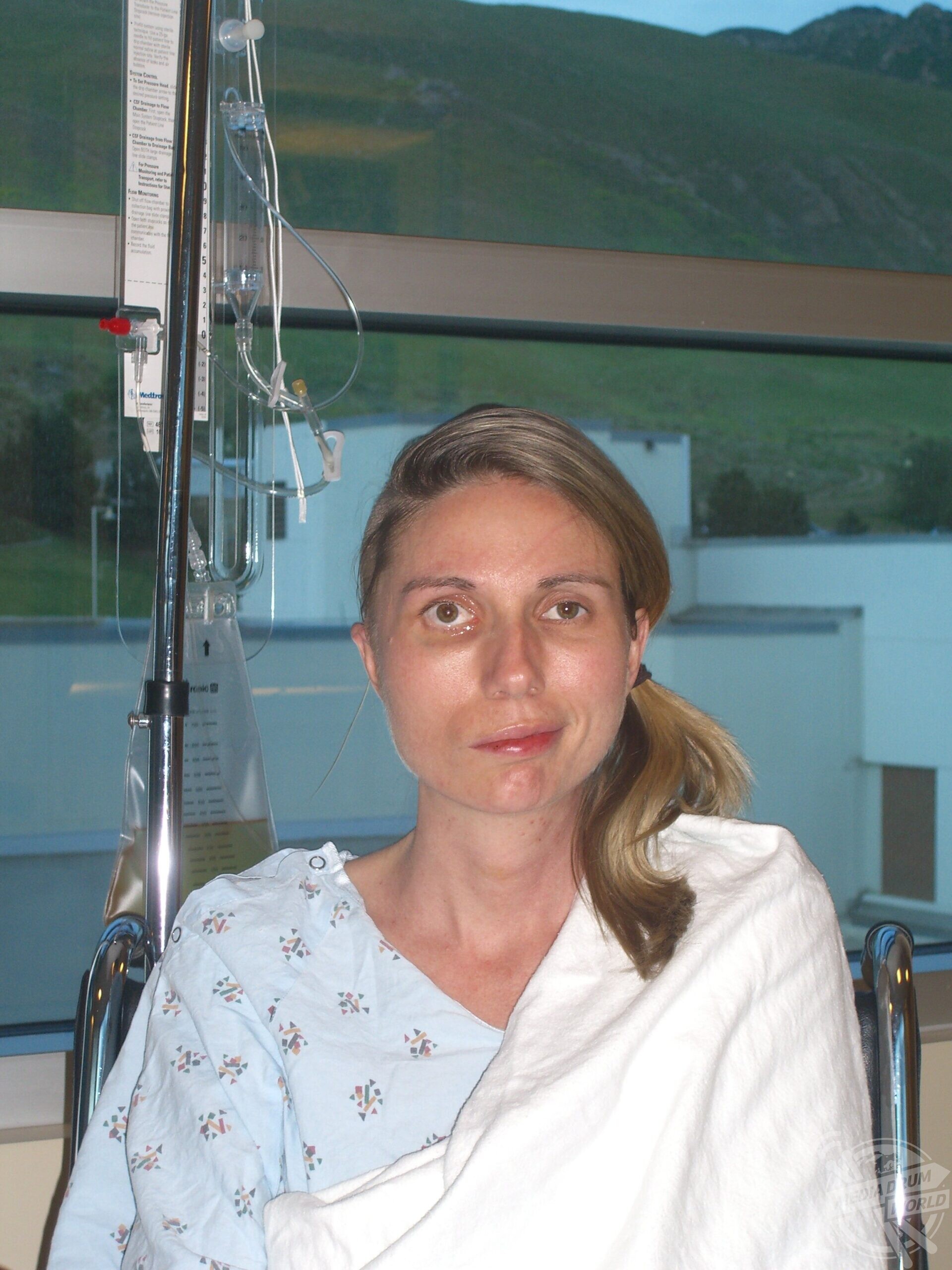
Jodi’s brain tumour was located between her right auditory canal and brainstem and it is unknown what type of tumour she had because pathology reports determined it was unidentifiable. Jodi lived in Israel and travelled the Middle East in 1996 and doctors suspect that she picked up an autoimmune disease, or similar, whilst there which resulted in the tissue growing on her brain.
In May, Jodi underwent surgery where 80 per cent of the tumour was removed but due to the proximity to her brainstem, the operation was not without complications. Jodi’s nerves were damaged which lead to facial paralysis, hearing loss, pneumocephalus which is the presence of air in the cranial cavity, and a cerebral spinal fluid (CSF) leak – a condition where CSF escapes through a small hole in the area surrounding the brain and spinal cord.
Jodi spent 35 days in hospital where she had two further brain surgeries before being discharged. Adjustment to life after surgery was difficult for Jodi and she struggled with the fact that people saw her as being weaker due to her facial paralysis.
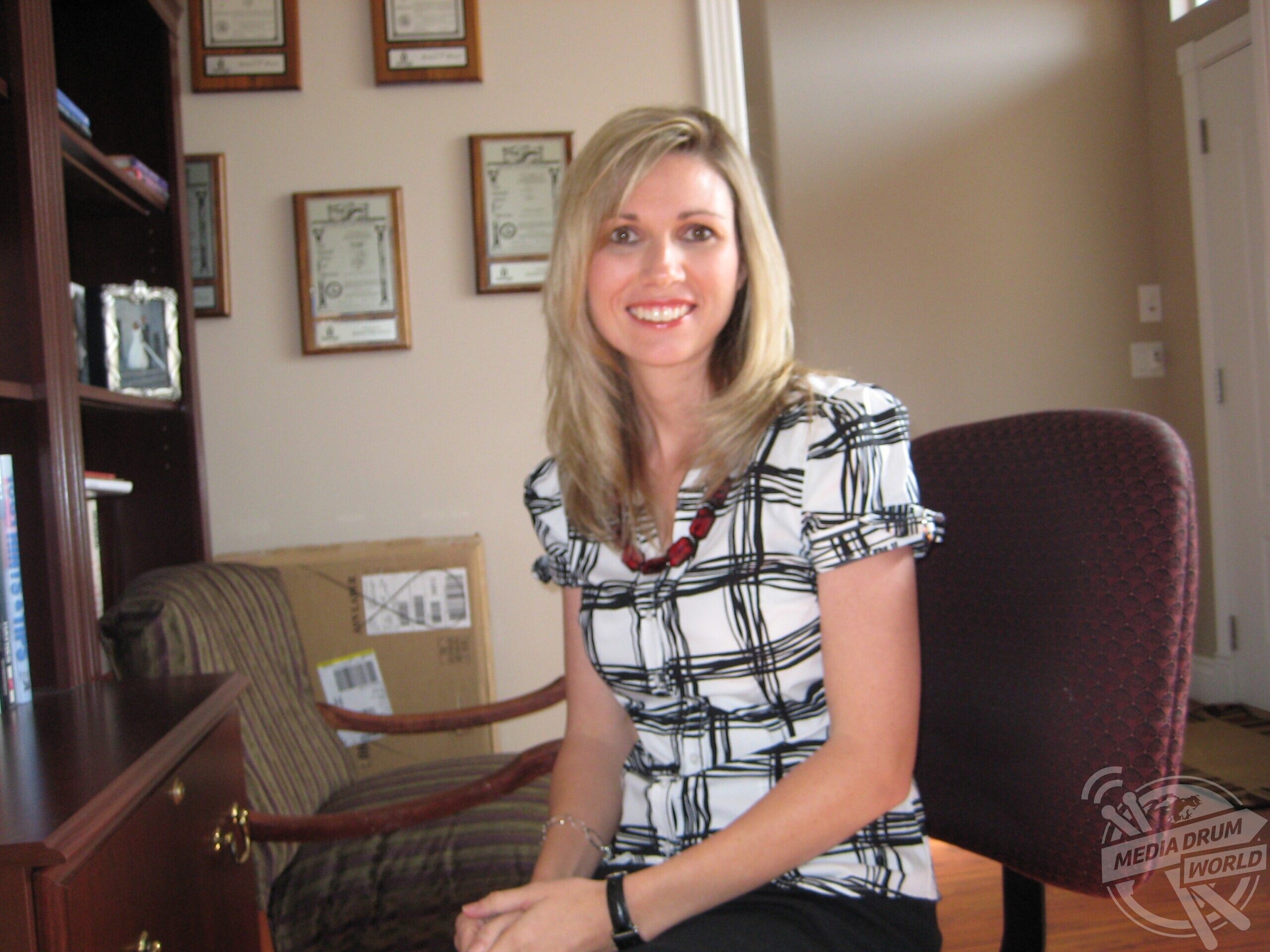
Coming to terms with facial paralysis has been one of the most difficult things about being a brain tumour survivor for Jodi. She has had nine surgeries on her eye to enable her to close her eyelid and protect her vision. Additionally, Jodi has had to re-learn how to chew and swallow and undergoes balance and facial therapy. She is currently having procedures to regain some functionality and symmetry in her face as her paralysis means she can’t smile or use facial expressions to communicate like most people do.
Jodi now views her facial paralysis as a superpower because it makes her memorable, and she shares her story online in a bid to help others and show them that there is hope after undergoing a life-altering event. Whilst she would love to be able to smile again so she can show the world the joy she feels inside, Jodi credits her recovery and fight for life to Tolan and their children, Trenden (21), Lindi (18), Casen (15), Daven (13)– as they gave her something to live for when times were difficult.
“I started having issues when I was trying to jog and exercise with the girls in my neighbourhood,” said Jodi.
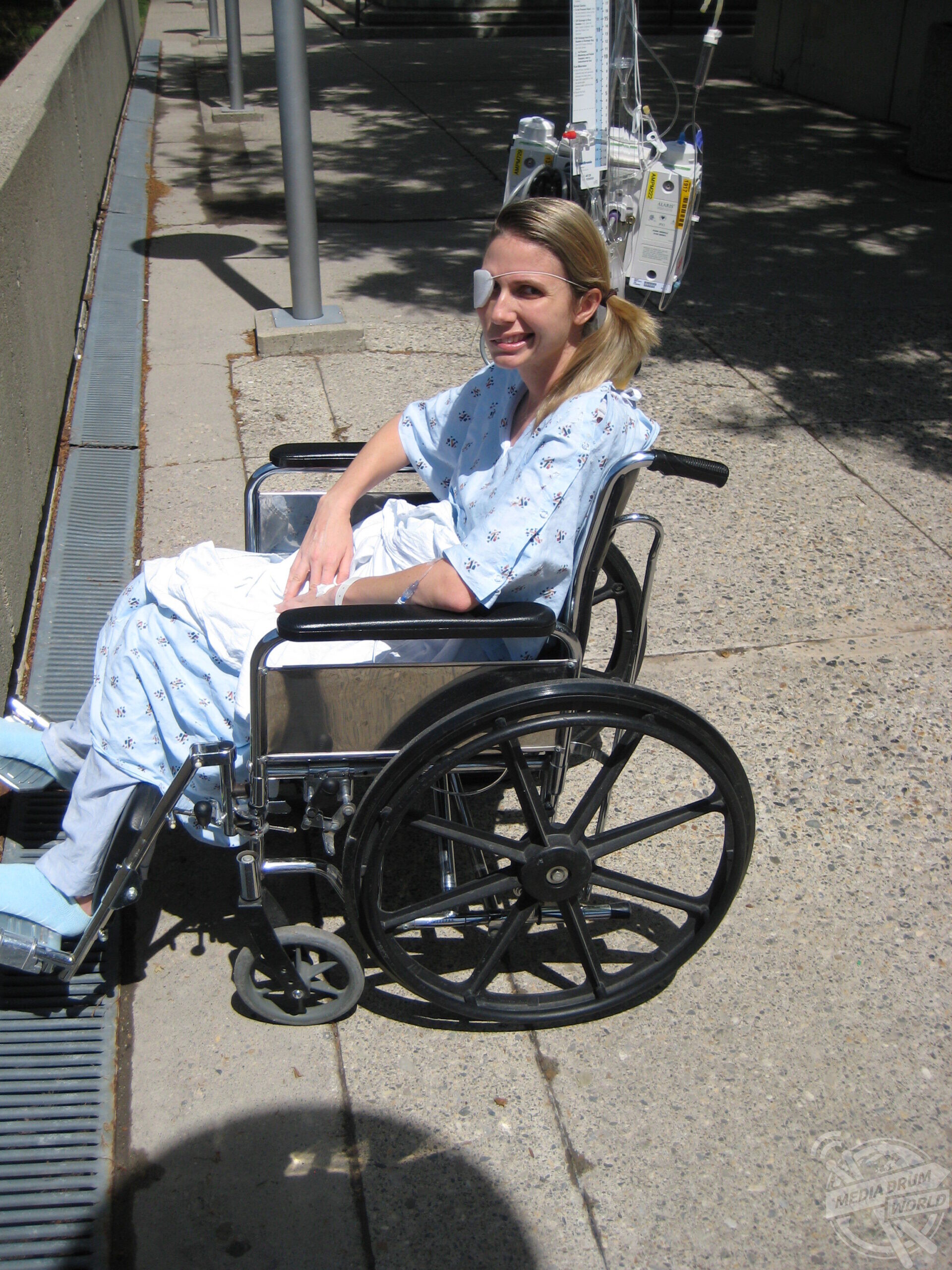
“When I tried to run, I found that I was so dizzy I could hardly put one foot in front of the other. I wasn’t sure what was going on, but at first I just associated it with not being a good runner – not that anything was wrong with me.
“A few months later, I also developed a terrible migraine-like headache which was very unusual for me.
“Several weeks after that, I started having bouts of vertigo. The symptoms came on one at a time so I didn’t associate them all as coming from a single source. I first approached them as individual problems.
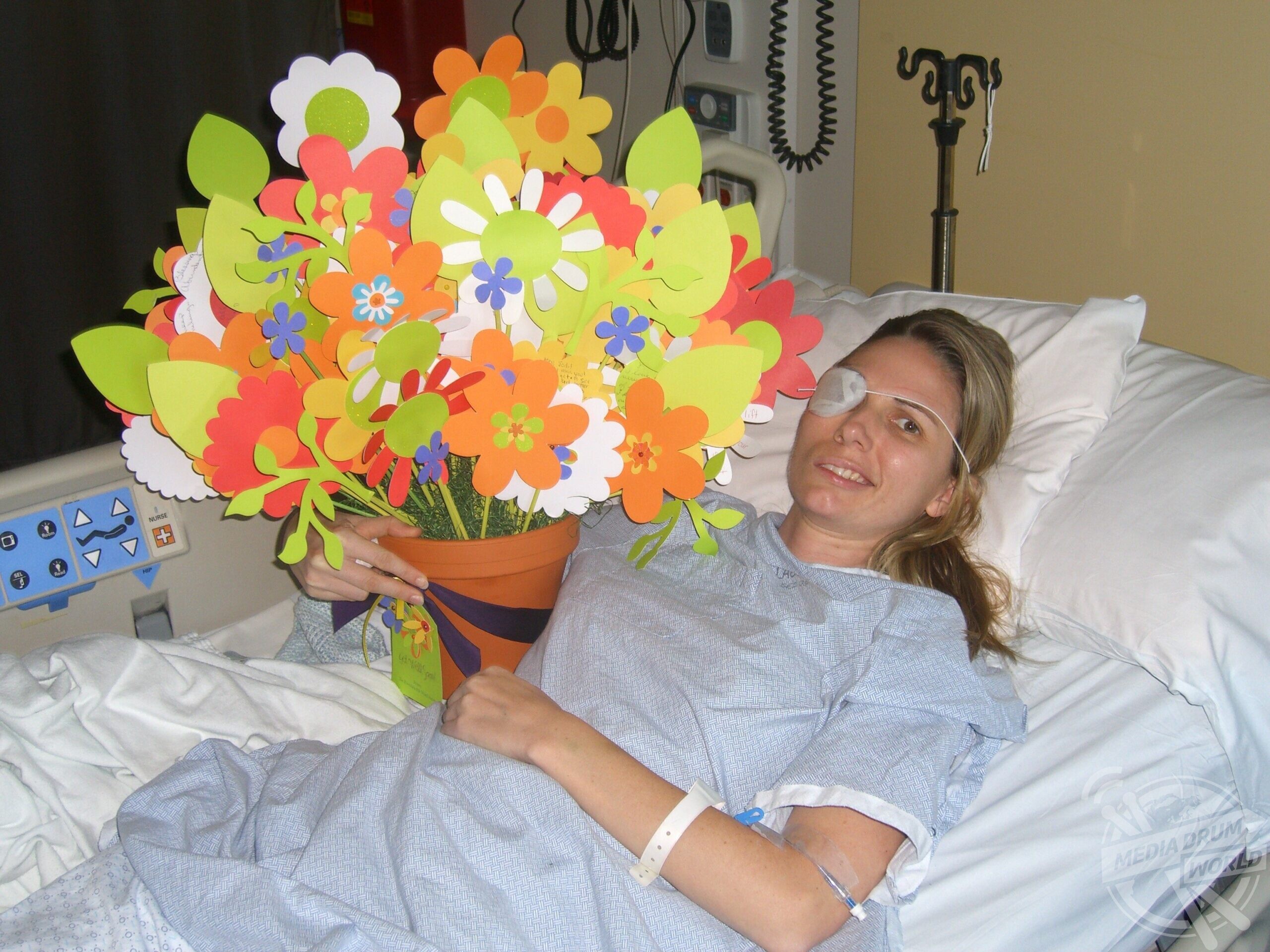
“When the individual symptoms started piling on top of each other to the point where I couldn’t function normally on a day-to-day basis, that’s when we knew something had to be wrong.
“I went back to the doctor after my husband insisted that there must be an underlying medical condition that was causing all the issues. He seemed very concerned and his concern pushed me to make the appointment.
“As far as the type of brain tumour, the final pathology was unidentifiable. Most brain tumours are made of brain cells – glial cells for example. My tumour was not made of brain cells or tissue, nor does it match anything in the medical text.
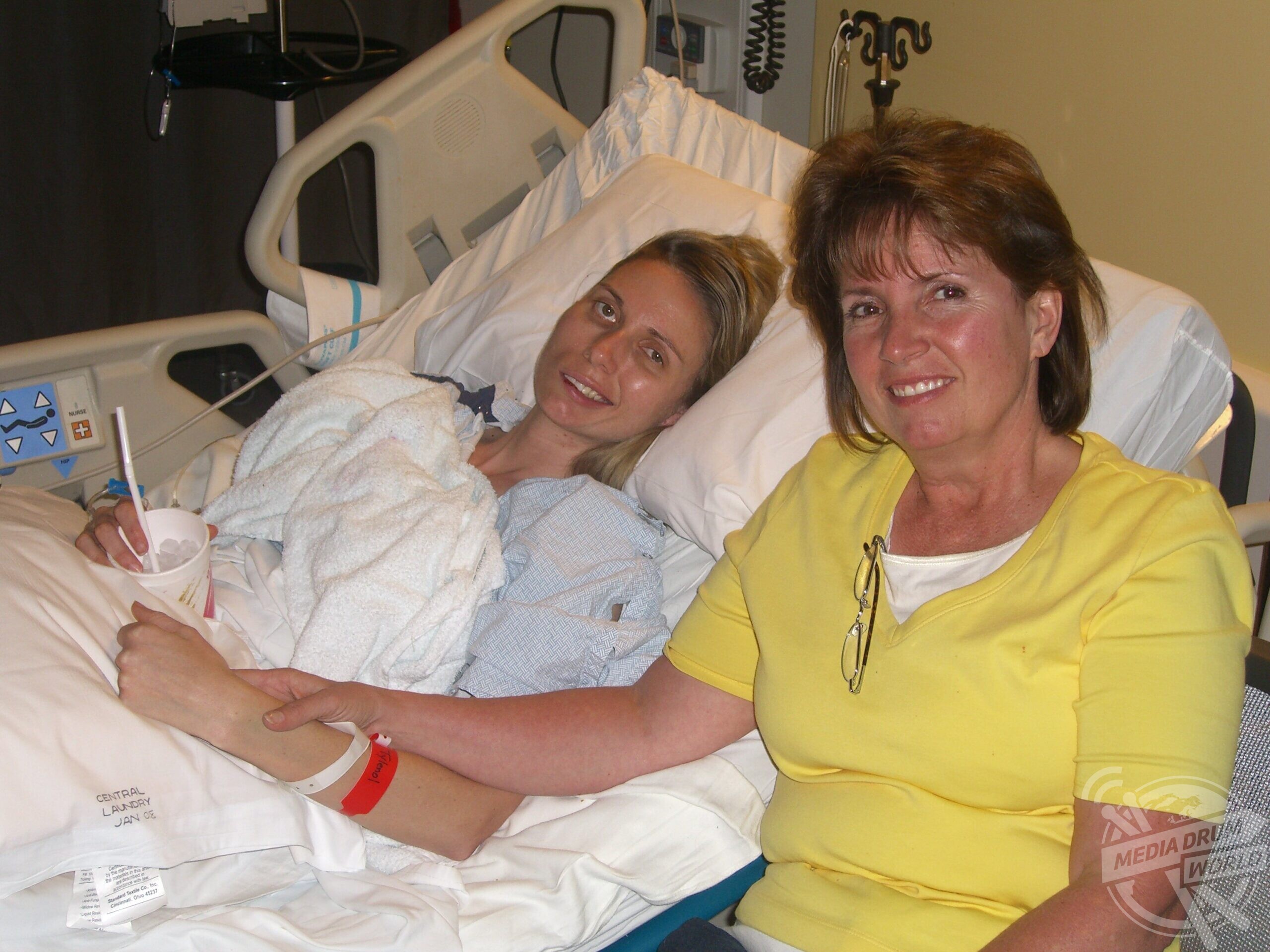
“The neurosurgeon’s best guess is that while I lived overseas in the Middle East, I picked up some disease or illness which my body fought against, and similar to an autoimmune disease, eventually my body turned against itself and the tissue amassed and grew until it smashed my nerves and threatened my life.
“The surgery was scheduled to be one procedure that would last five hours and keep me in the hospital for five or six days. They used a mid-fossa approach, which means they went in on the right side of my head, cut out a piece of the skull, and went directly back toward the brainstem.
“They removed as much of the tumour as was possible but because of the proximity to the brainstem, about twenty per cent of the brain tumour mass had to be left.
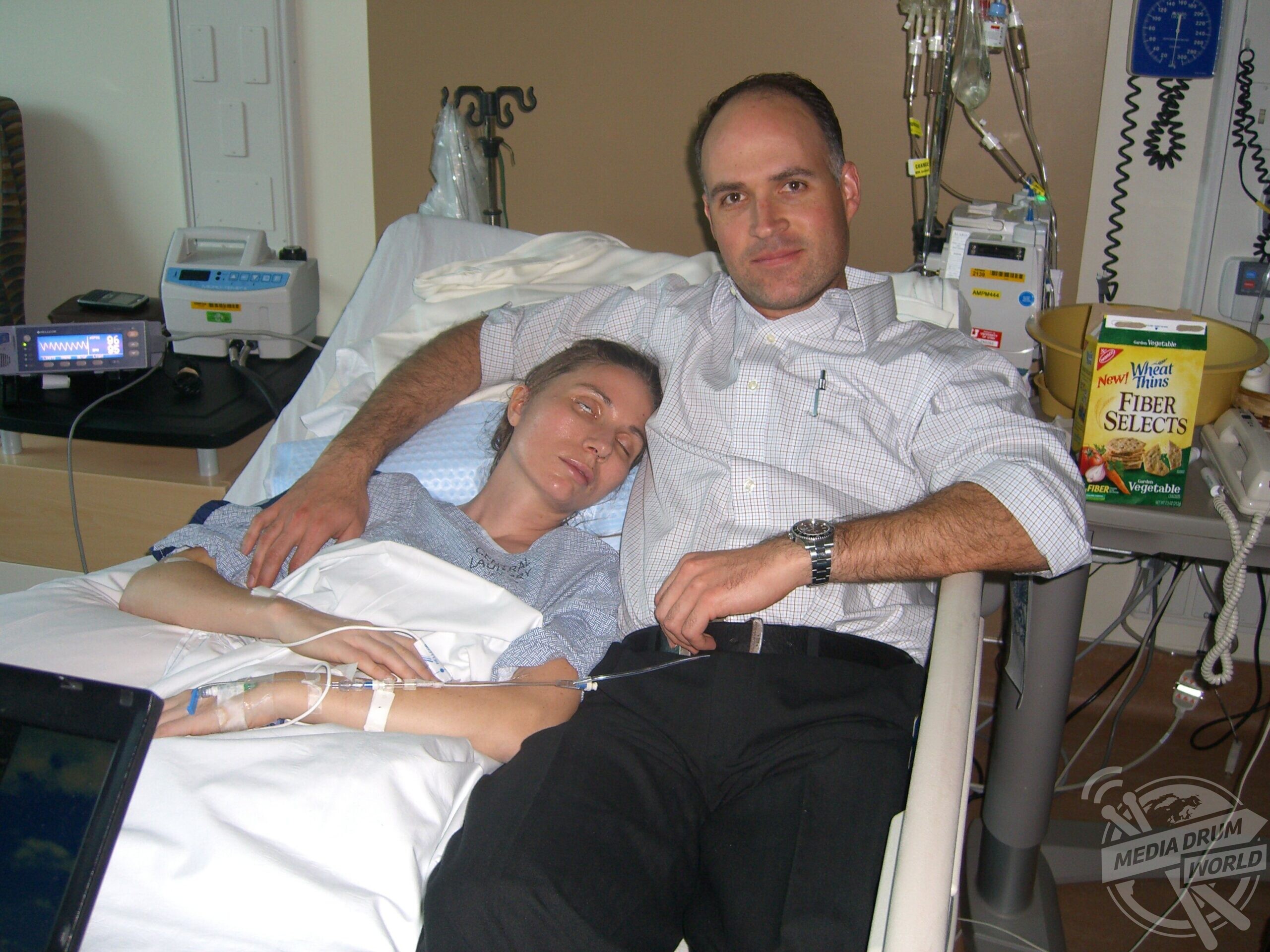
“Due to complications from the first tumour, including the facial paralysis and CSF fluid leak, I ended up in the hospital for thirty-five days in and out of the neuro critical care unit and had two more brain surgeries in the fight for my life.
“Life after the hospital was a huge change for me. I’ve always been a conquer the world get things done kind of person and suddenly I found myself with no control or at least very little control over my own body, and certainly not much that I could offer to anyone else, including my family.
“It was also hard to get used to the fact that people saw me differently. Normally I would think nothing of running an errand or going to the store.
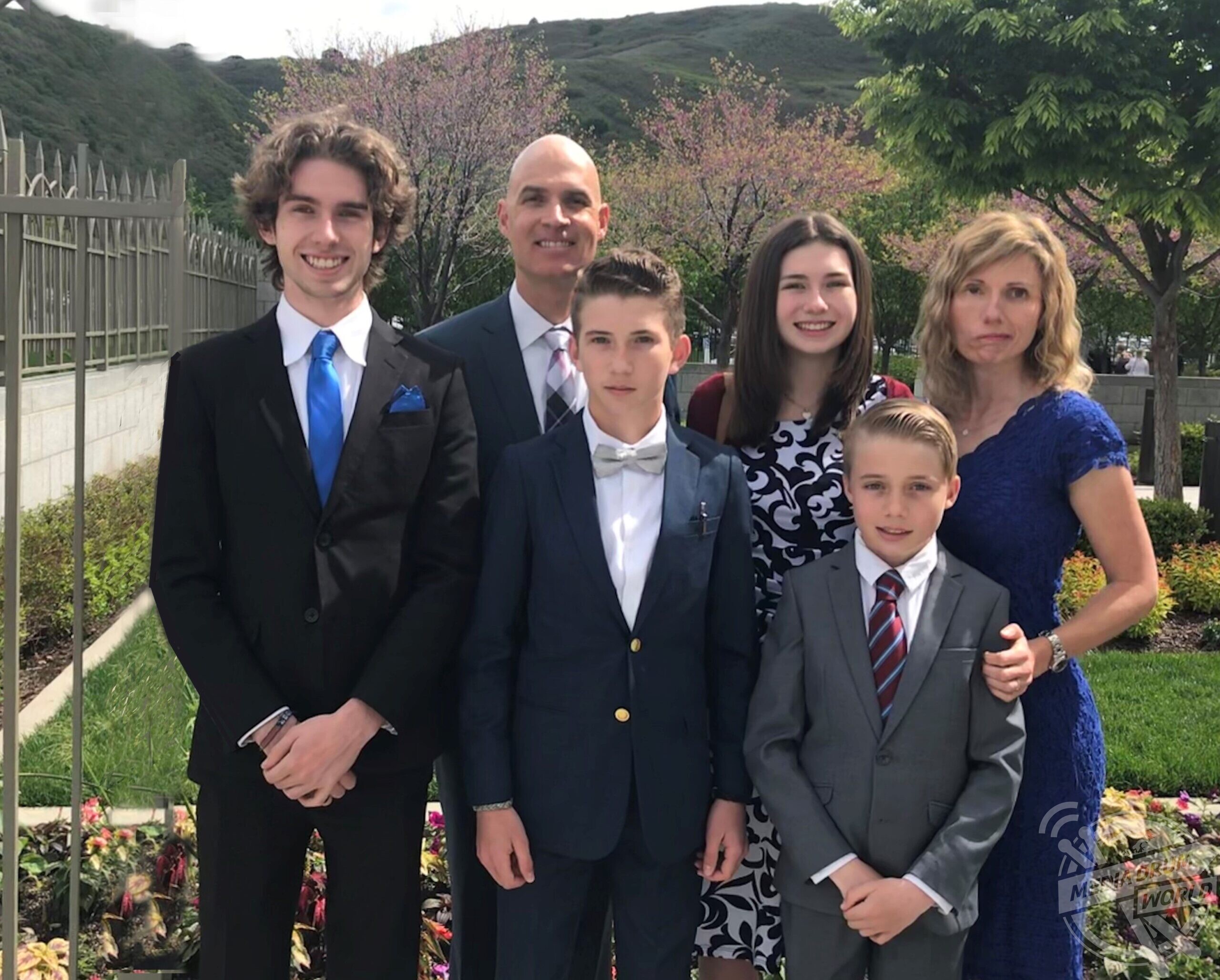
“In my new life, people saw a physically disabled individual who looked very different from the norm. This caused all kinds of interesting situations and often unkind responses. I struggle to understand it at times because I knew I was the same person on the inside and if anything, I was stronger than I had been before.
“I knew you wouldn’t make fun of someone for breaking their arm, so it was hard for me to understand why people look at me differently because of my face.
“I could never have imagined at the time but the journey with facial paralysis has been probably the most difficult of the whole brain tumour experience.
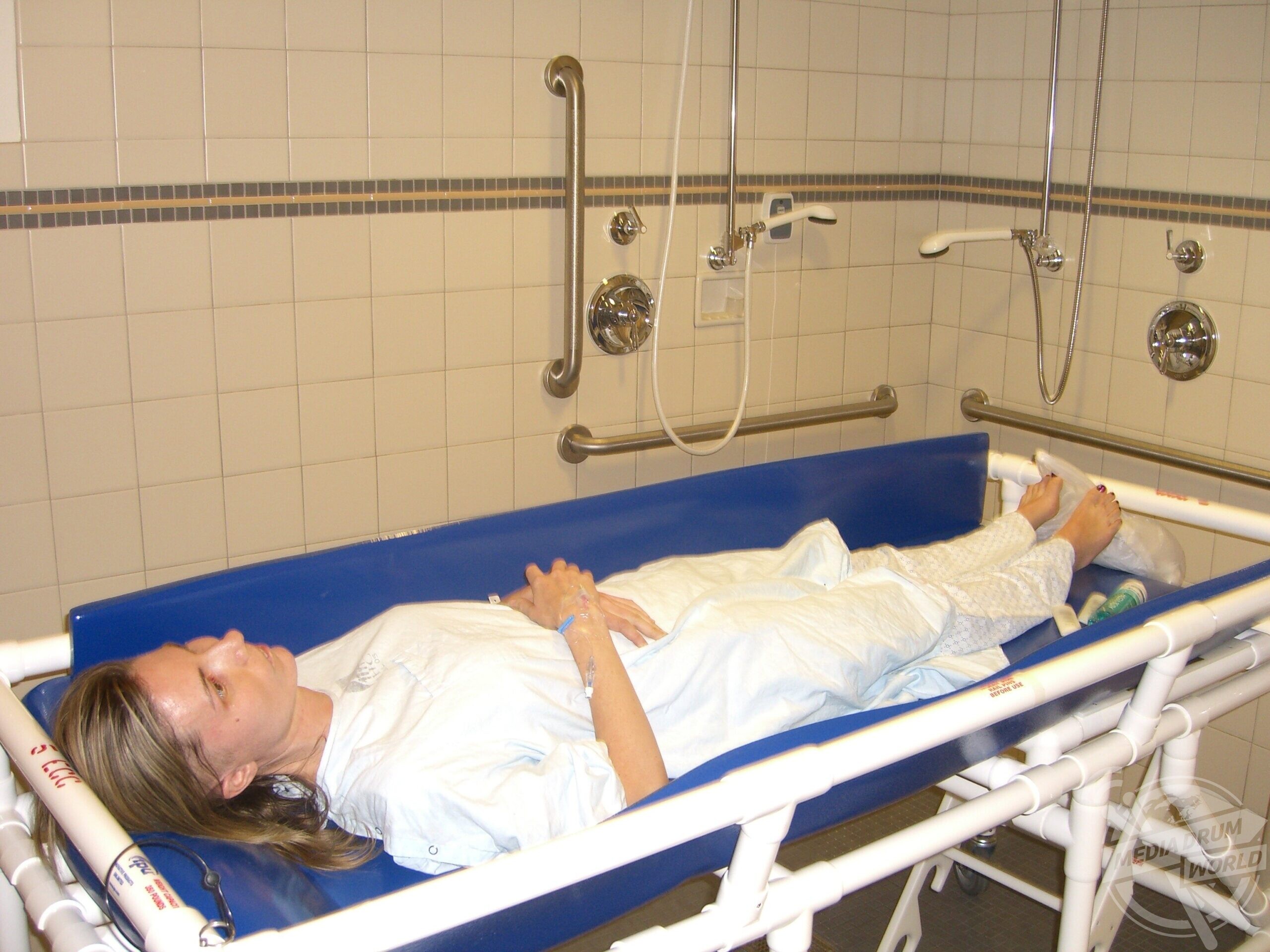
“My speech has improved but I still struggle to hold food and liquid in my mouth and I have really struggled in the last few years with swallowing because I can’t control the food in my mouth – it often starts to slip down my throat and before I know it, I am choking.
“Between those issues and the huge asymmetry I now have, which doesn’t allow me to smile or have normal facial expressions, we recently sought out surgeons at the facial paralysis institute and have started a series of procedures in hopes of regaining both some functionality as well as symmetry to my face.
“Several years ago, I realised that my facial paralysis is actually a superpower. We were on vacation and we went to a store that we had visited years before. The cashier looked at me and said I remember you.
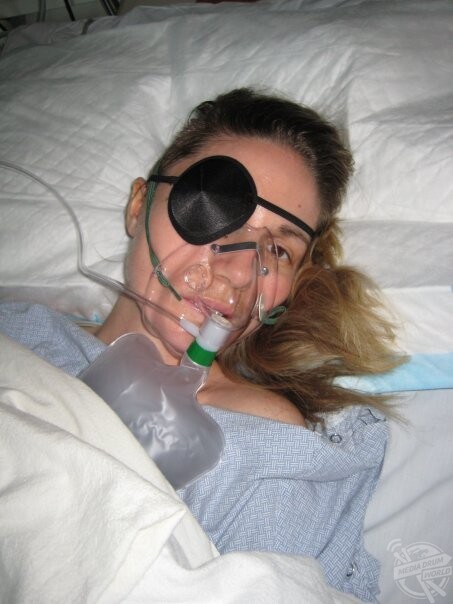
“When she said that to me, it occurred to me that I do have a memorable face and that if people were going to remember me, I wanted them to remember me for something good so I try to be memorable.
“I have tried hard to be a positive and inspirational source for good in the world. I hope that as people see me or remember me, they feel they are better for the experience. The hardest things about my life also gave me the power to have a great influence and a voice in this world where so many voices are screaming to be heard.
“Most of society judges you by your face – some major changes to your face can have debilitating and negative effects. Not being able to smile and express the joy I feel on the inside is the hardest aspect.
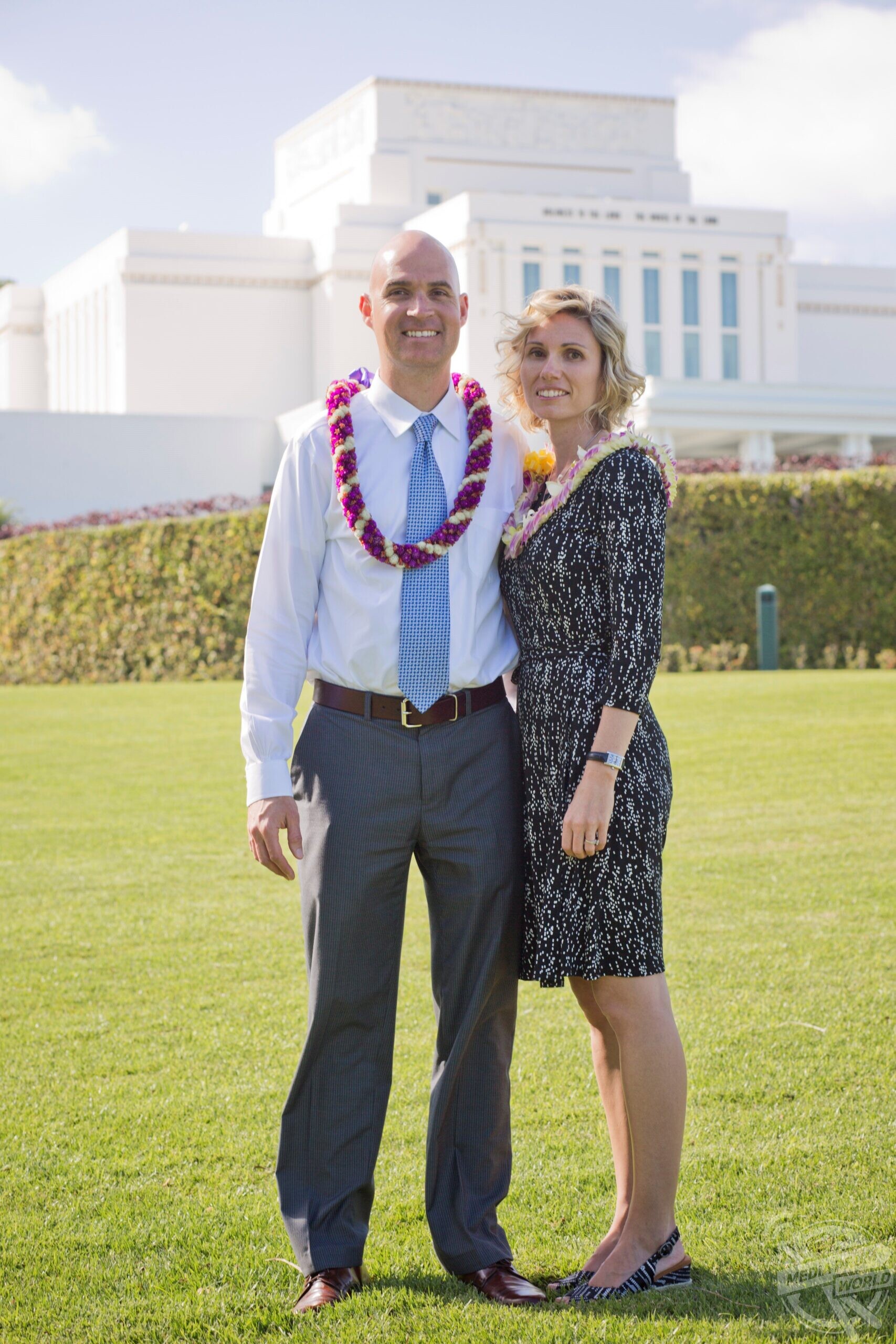
“I am a happy, positive, spiritual, faithful person, but I cannot express that through a grin, a smile, or even a playful smirk. I can be full of enthusiasm and hope on the inside, but people don’t always see that in my face. That’s probably the hardest thing for me.
“When I see pictures of myself, especially when I was particularly happy or thrilled in any given moment, I want that to show. Instead, my expressions look mostly the same and I look the most normal when I don’t smile at all because then the asymmetry is less noticeable.
“Of course to my family, I am mum, Jodi, a daughter or a sister. They can still see who I am on the inside as do so many friends and other close associates. In fact, my nephew told his mum that he didn’t know anything was wrong with me. When he looked at me, he just saw Jodi, he never saw a crooked smile or uneven face.
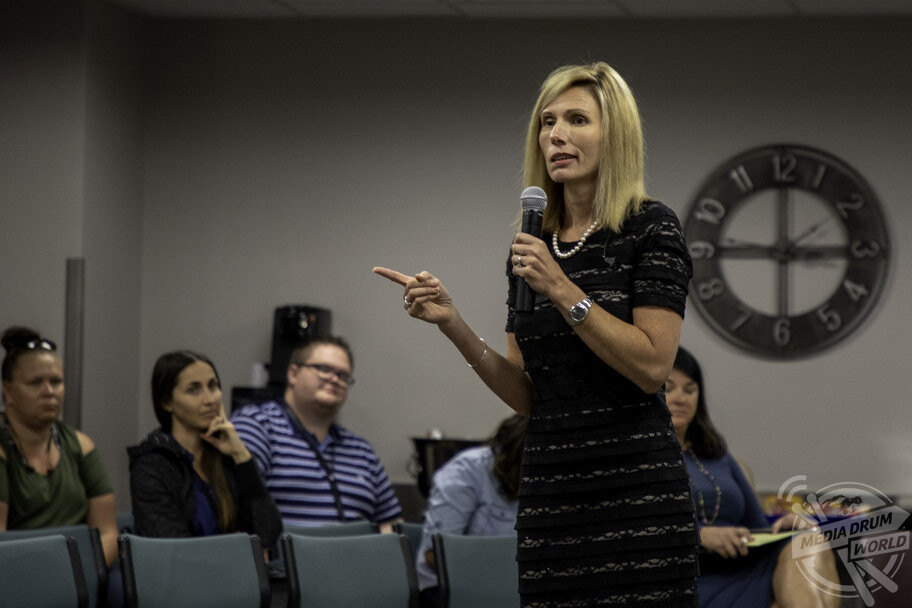
“If only the rest of the world could have the perspective of that cute boy, we would all live in a better place.
“So I would really love to be able to smile again, to show the world the joy I have on the inside. Even if that never happens, I am satisfied with who I am and I love myself and I am proud of how far I have come.”
Thankfully, the proportion of tumour that was left on Jodi’s brain has not continued to grow.
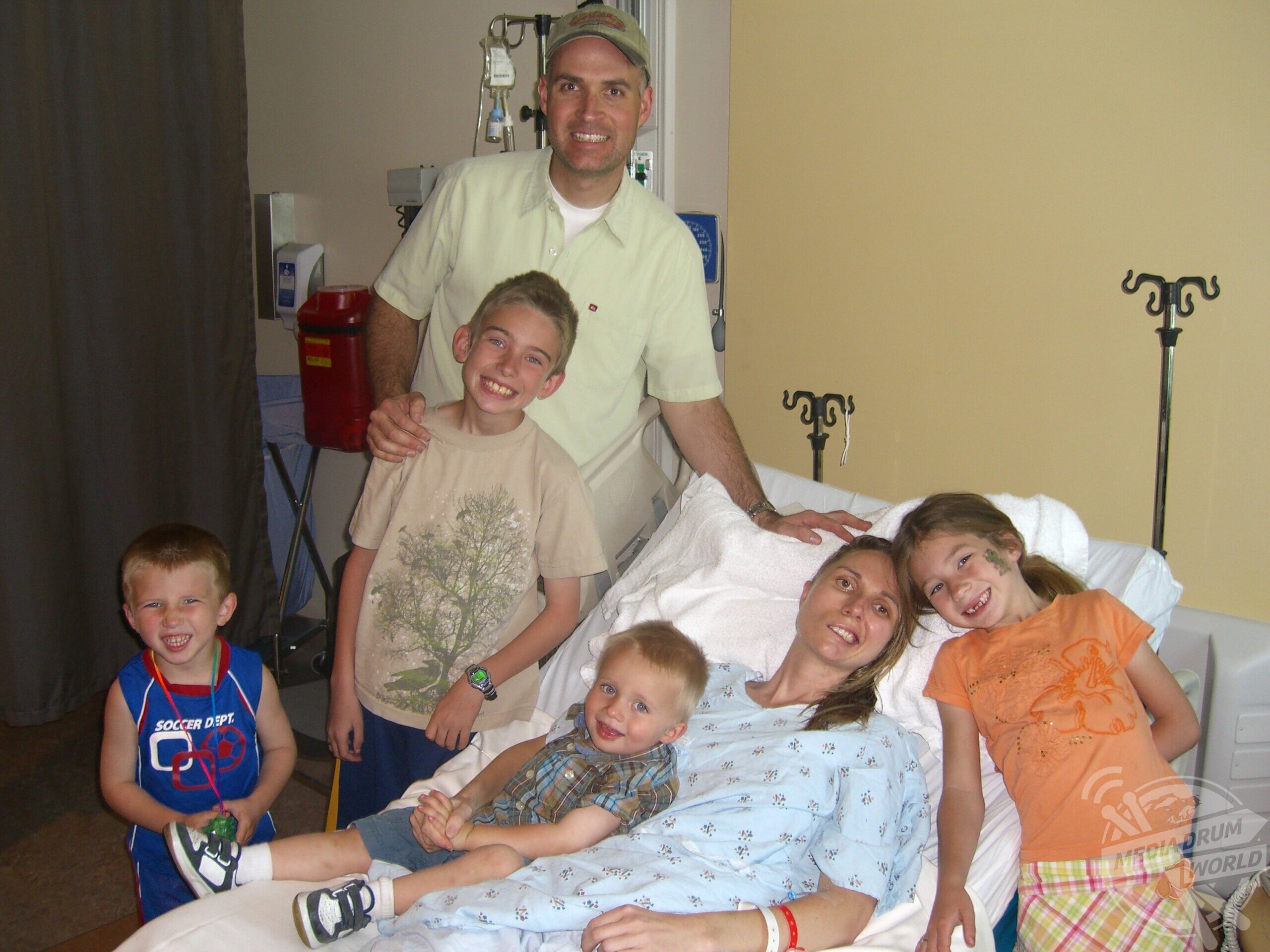
Jodi has written four books which includes her award winning memoir, The Sun Still Shines, which documents her brain tumour journey and how it gave her a new outlook on life.
Finally, Jodi shared her words of advice and stressed the importance of sharing struggles with others.
“When you are facing a crisis of any kind, I think some of the most important things you can do is get the priorities right in your life,” she said.
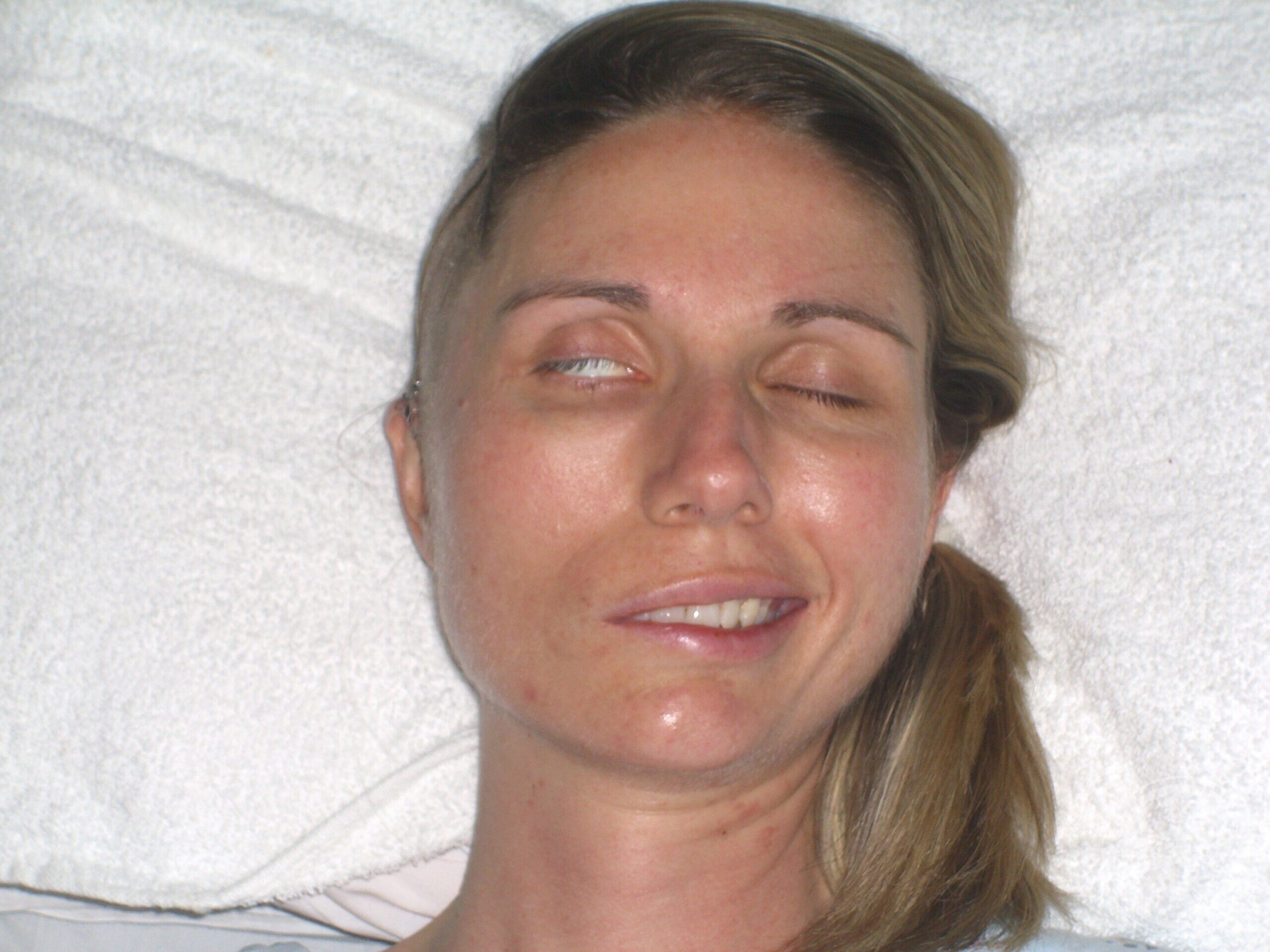
“Don’t feel badly about letting go of activities or commitments that are suddenly lower on the priority list. Excuse yourself from anything extra and don’t feel guilty about it.
“Reserve your strength, energy, and resources for the most important activities, those that will help you and your family through whatever struggle you are facing.
“Science has shown that your attitude and ability to find a hope has more correlation to your outcome than any diagnosis. So stay strong, surround yourself with people who mean something to you, and ask for help when you need it.
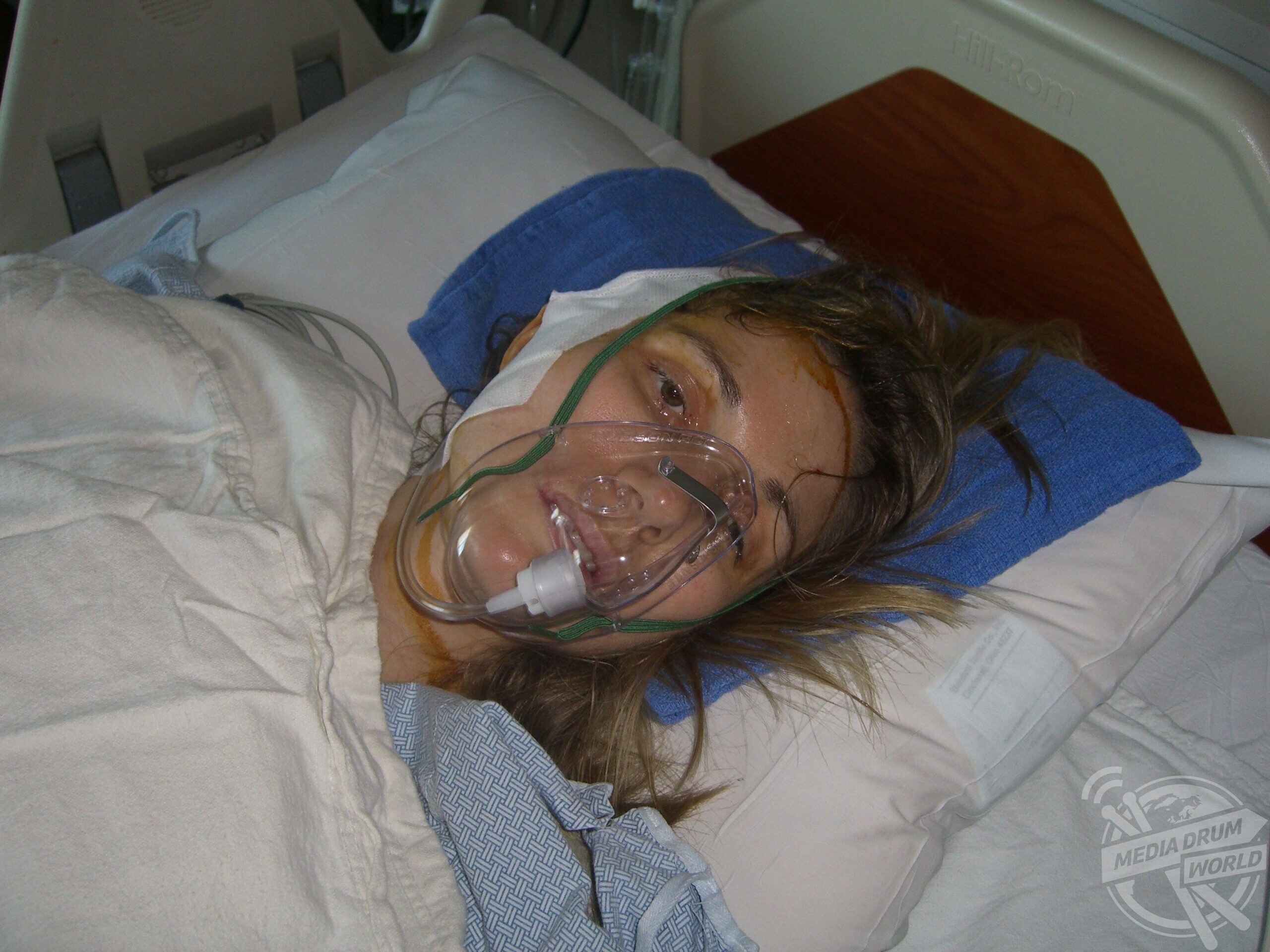
“When you give people the opportunity to help, most of the time they will stand up to the plate and go to bat for you.
“If you are facing a huge struggle but you don’t tell anyone, you close yourself off to the possibility that someone in your network could have answers, solutions, or help what you are facing.
“We are social creatures and we are not meant to go through life alone. Decide from the get-go that you’ll let others in on your journey, and you’ll be amazed how far up the mountain you can travel together.”





